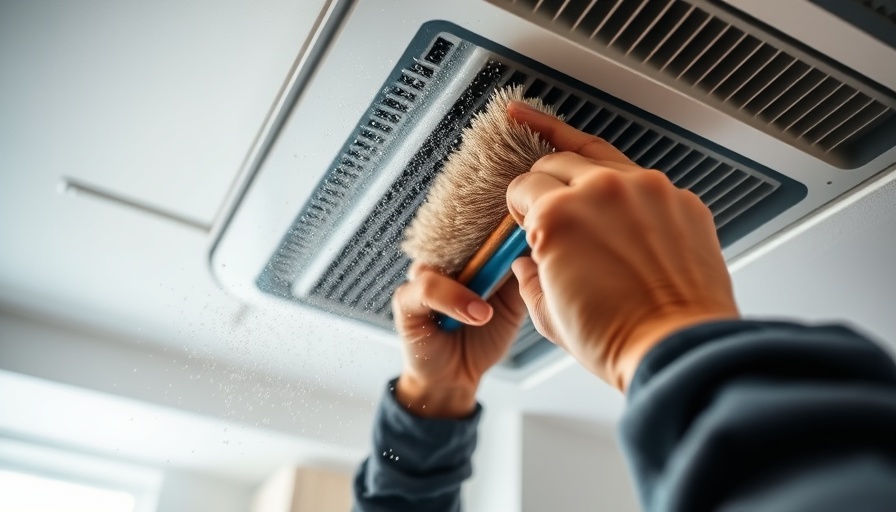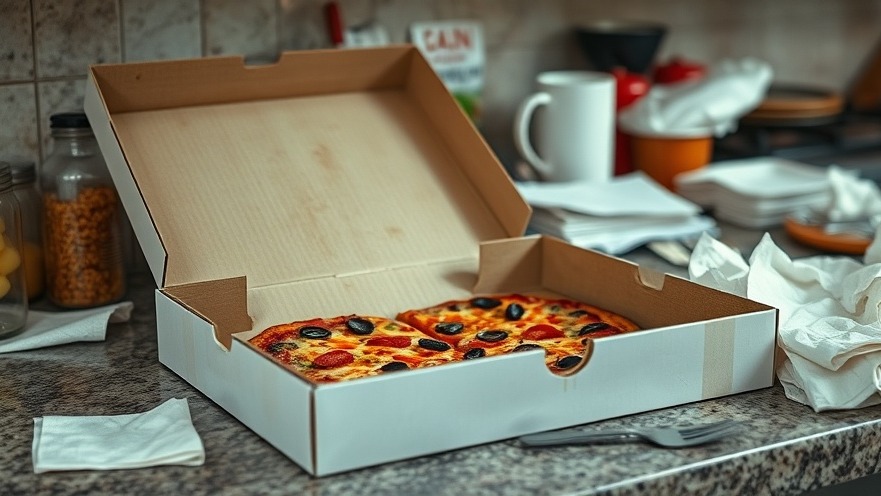
Understanding the Duct Cleaning Debate
In recent years, the topic of duct cleaning has sparked vibrant discussions among homeowners and eco-conscious consumers alike. While some perceive it as an unnecessary expense, others firmly believe it contributes significantly to improved air quality and overall HVAC efficiency. But is duct cleaning really a smart move, or just a waste of money?
Energy Efficiency and Indoor Air Quality
One of the primary reasons homeowners consider duct cleaning is the promise of enhanced energy efficiency. Over time, dust, debris, and allergens can accumulate in ductwork, hindering airflow and forcing HVAC systems to work overtime. A cleaner duct system can lead to lower energy bills, as the system doesn't have to strain to push air through dirty ducts. Sustainable practices, such as regular cleaning, ultimately contribute to a home’s energy efficiency, aligning with broader sustainability strategies embraced by the eco-conscious community.
Perspectives on Frequency
Experts suggest that duct cleaning should not only be viewed as a one-time task but rather as part of a regular maintenance schedule. Depending on various factors, including home location, household size, and lifestyle (such as pets), homeowners might need to clean their ducts every three to five years. This proactive approach aids in reducing resource consumption and ensures a consistent flow of fresh, clean air.
The Impact of the Hospitality Industry
The hospitality sector, particularly hotels and resorts, can benefit greatly from duct cleaning. With high guest turnover and potential seasonal changes in occupancy, maintaining clean air systems becomes crucial for guest satisfaction and health safety. Furthermore, the increasing emphasis on sustainability in hospitality prompts many hotel operators to adopt comprehensive cleaning strategies. This aligns with the growing demand for net-zero hotels, which aim to minimize their carbon footprint while providing a healthy environment for guests.
Cost vs. Commitment
While the initial investment in duct cleaning can vary, it’s essential to weigh this against the potential long-term savings on energy costs and health benefits. Engaging with services that utilize eco-friendly practices further supports personal values in sustainability—in this case, by ensuring that any cleaning products used do not contribute harmful toxins back into the environment.
Common Misconceptions About Duct Cleaning
Many homeowners mistakenly assume that duct cleaning does not significantly impact indoor air quality or energy efficiency. However, studies show that a cavalier approach toward duct maintenance can increase the presence of allergens and pollutants, leading to exacerbated respiratory issues. A cleaner duct system helps circulate quality air and contributes to a healthier living environment, particularly relevant for families and vulnerable groups.
Making Informed Decisions
The decision to invest in duct cleaning should be grounded in personal evaluation and professional advice. For eco-conscious individuals, this often involves considering sustainability implications of both immediate and projected outcomes. Homeowners are encouraged to consult with certified professionals to assess the cleanliness of their systems and make informed choices on maintenance schedules that align with sustainable living goals.
Conclusion and Next Steps
Overall, duct cleaning can be a strategic component of a comprehensive home maintenance plan that aligns with sustainability practices. For those looking to create healthier indoor environments while also being mindful of energy consumption, it’s time to embrace eco-friendly solutions in every aspect of home upkeep. Consider connecting with local professionals who utilize sustainable practices in their duct cleaning services. This not only ensures a healthier environment for you and your family but also supports ecological initiatives for a greener planet.
 Add Row
Add Row  Add
Add 




Write A Comment